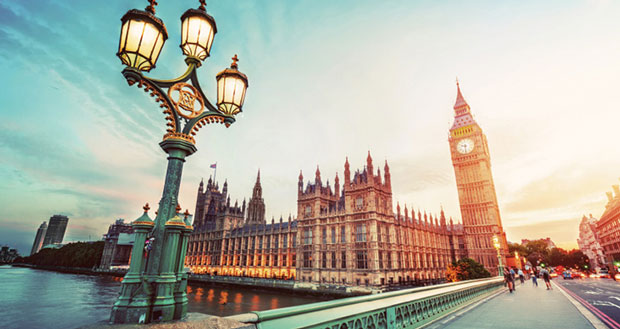 What the latest amendments to The Building Safety Bill mean for the installation and commissioning of fire safety systems. By Conor Logan Technical Director, Colt
What the latest amendments to The Building Safety Bill mean for the installation and commissioning of fire safety systems. By Conor Logan Technical Director, Colt
Act responsibly or face hefty financial and legal consequences. This is the message the government is sending to manufacturers, installers and suppliers of fire safety equipment with its latest amendments to The Building Safety Bill.
In February, the government tabled 38 pages of amendments to The Building Safety Bill that would impose extremely stringent penalties on manufacturers, installers and others across the industry who do not comply with the proper standards and regulations. Although the main driver for these changes is cladding issues, systems and products like smoke control, sprinklers and fire alarms are also included.
The proposals will also see the industry having to pay to fix historical problems that have arisen due to a lack of competence or care when installing and commissioning systems and products. Building owners and landlords will be able to take legal action against manufacturers who used defective products on a home that has since been found unfit for habitation or if installers were found to have acted in a way that caused a building safety risk; this power will stretch back 30 years and allow recovery where costs have already been paid out.
However, it is not only manufacturers and installers who could be punished retroactively. For developers not seen to be working responsibly by employing unfit contractors, the government will be able to block planning permission and building control sign-off on developments, effectively preventing them from building and selling new homes. Landlords who are linked to an original developer that still owns a building over 11 metres tall will also be required to pay in full to fix historic building safety issues in the property.
In an effort to completely absolve leaseholders of the responsibility for paying to fix defective building safety equipment, building owners who are not linked to the developer, but who can afford to pay, will also be required to do so.
COMPLIANT CHOICE
In this, there is a second message to developers, building owners and operators – save yourselves a costly lesson and work with compliant manufacturers and installers from the start. Colt were the first UK smoke control company to be certified to both IFC SDI 19 and SDI 05, standards developed by the SCA and awarded to Colt in recognition of our experience and skill and an installer and servicer of both smoke control systems and fire curtains.
To avoid any potential issues with installation quality, we would recommend that anyone employing a smoke control company ask to see these certificates, as well as proof of Quality Assurance (ISO 9001) and Health and Safety accreditations.
Talking about the changes, Michael Gove, Secretary of State for Levelling Up, said: “It is time to bring this scandal to an end, protect leaseholders and see the industry work together to deliver a solution. These measures will stop building owners passing all costs on to leaseholders and make sure any repairs are proportionate and necessary for their safety.
“All industry must play a part, instead of continuing to profit whilst hardworking families struggle. We cannot allow those who do not take building safety seriously to build homes in the future, and for those not willing to play their part, they must face consequences.
“We will take action to keep homes safe and to protect existing leaseholders from paying the price for bad development.”
These amendments prepare the ground for the creation and launch of an industry levy scheme for the purpose of improving safety in buildings and raising standards.
SCHEME PRINCIPLES
The principles of the scheme management are outlined below. The bill is now at Committee stage in the House of Lords following its second reading, so it is making significant progress. More amendments will probably follow, but the key points at this stage include:
- The Defects Liability Act is extended to 30 years, covering cladding products for 30 years and building products and systems for 15 years.
- A relevant defect is defined as anything done or not done that creates a building safety risk. As mentioned previously, this includes any installation or commissioning errors as well, regardless of whether they were deliberate or not.
- A building safety risk is defined as making or potentially making a dwelling uninhabitable through structural collapse or spread of fire. Note, not building regulation requirements.
- Within this, there is the creation of a Building Liability Order, Remediation Order and a Remediation Contribution Order.
- Liability in relation to products is focused on manufacturers, installers and suppliers and is defined as failure to comply with the construction product regulations.
- In addition to remediation costs, provision is made for loss and expense for those affected by the defect.
The intention of all these changes is to prevent unfit products being used and to put an end to incompetent and dangerous installation practices. The Bill will also help to ensure robust maintenance programs for all building safety equipment and will hold building owners and operators responsible if they fail to keep systems operational.
We at Colt welcome these changes and hope to see them established into law soon. If this goes through, some significant powers are created, along with significant liabilities for the construction industry; there are certainly some companies  that will struggle to meet the new standards.
that will struggle to meet the new standards.





